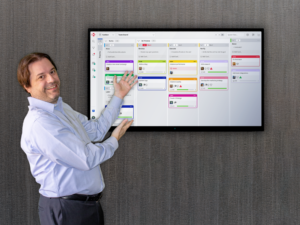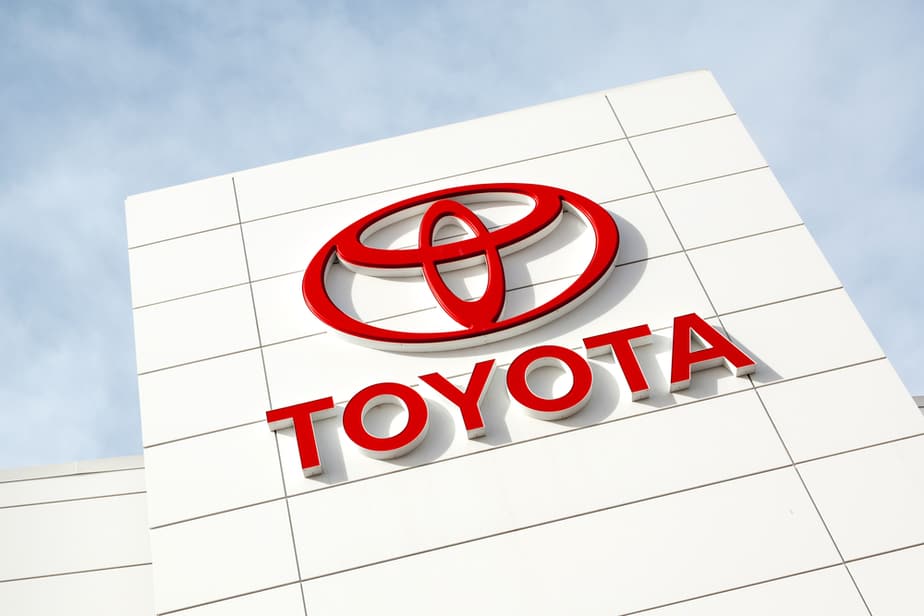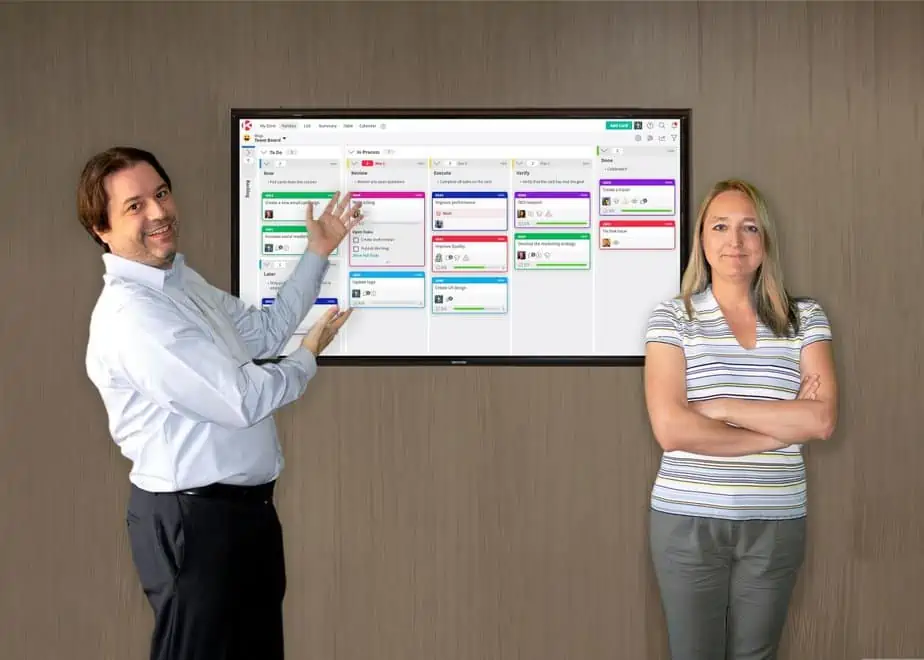Leveraging the Portfolio Kanban System for Organizational Alignment and Efficiency
Achieving organizational alignment and efficiency is a common challenge that many businesses face today. The Portfolio Kanban system emerges as a powerful solution to bridge the gap between strategic objectives and day-to-day operations. This article delves into the key benefits of implementing Portfolio Kanban, highlighting its impact on visibility,
Employee Retention: How to Attract & Retain the Best Talent
We live in an era where company loyalty isn’t what it used to be. Between the post-pandemic Great Resignation and younger generations’ penchant for moving from job to job, retaining top talent is becoming increasingly difficult for companies across the globe. But despite these dizzying socio-economic fluctuations, there are
5 Big Companies Using Kanban for Business Operations
Kanban is a process-based management system that helps teams visualize their workflows and improve communication. Many giant companies using Kanban have enabled their teams to work more efficiently. Whether you are into fashion, finance, tech, or manufacturing business, you can opt for Kanban to manage your team's workflow and
7 Ideas on How to Manage Business Operations Better
How many times have you found yourself overwhelmed by your business operations? We all have busy days, but it's important to take some time and work on our sanity. Optimizing the way you manage business operations can help you get through the day. How to Manage Business Operations? Managing
Toyota Kata: What is it and How Can it Help You Continuously Improve?
Toyota Kata is a management philosophy that aims to help businesses continuously improve. It was developed by Taiichi Ohno, the father of the Toyota Production System. As defined by its name, “Kata,” it means continuous improvement. It's not exactly what they teach in school. But, it has been proven
5 Benefits of Kanban for Toyota Production System
The Toyota Production System (TPS) is often referred to as creating lean manufacturing alongside several other companies like Bell System and General Motors Corporation. The initial principles were created by its founder Sakichi Toyoda in Japan during 1938. Even though this system was initially developed in Japan, it has














